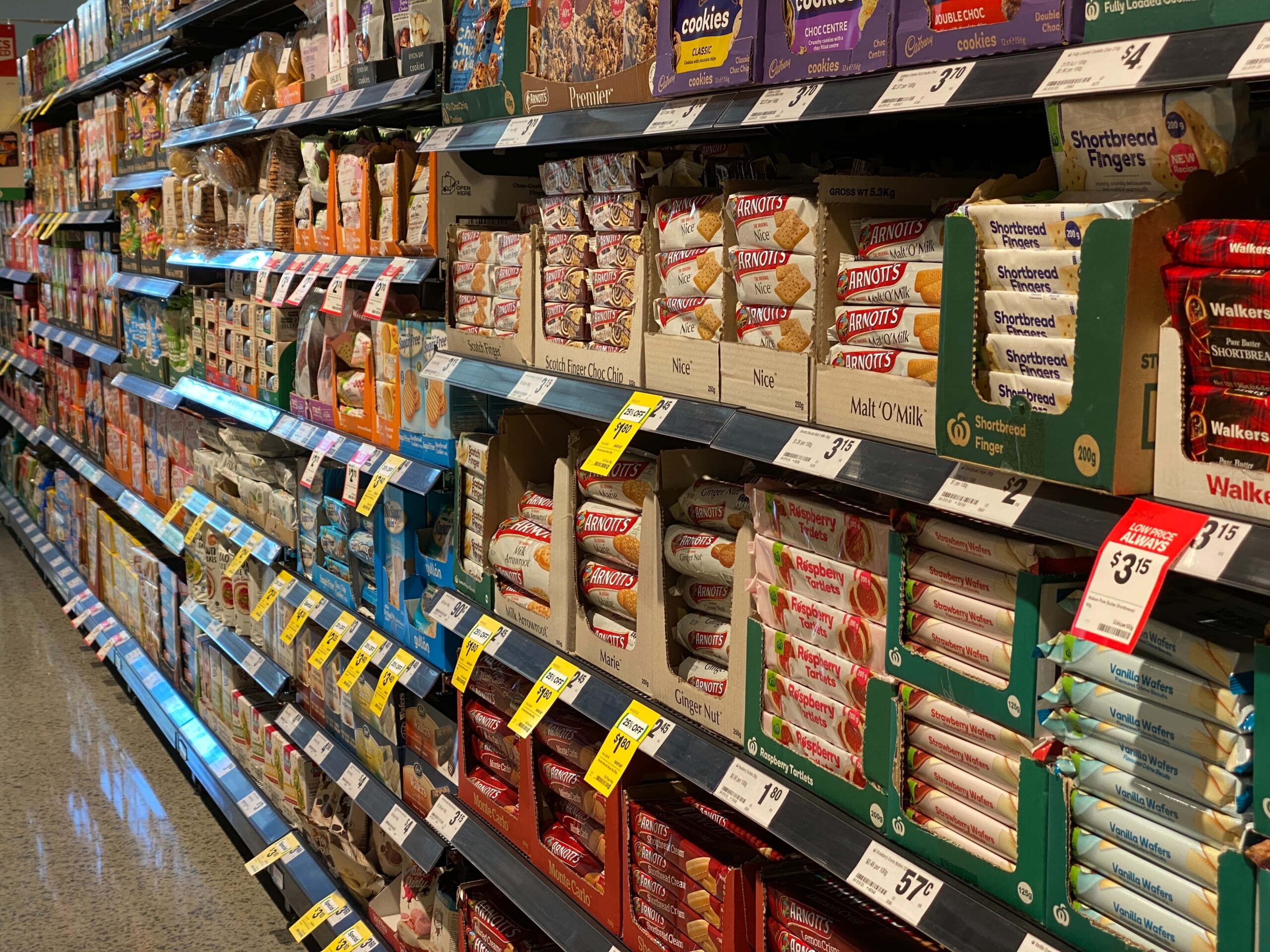Colin v Cuthbert: Is M&S Trying to Have Their Cake and Eat It, Or Has Aldi Made a Greedy Attempt at a Slice of Its Competitor’s Cake?
26 Apr 2021

Many Brits will share fond memories of a certain chocolatey caterpillar, prone to appearances at birthday parties, charity events or any occasion calling for a sweet treat. Colin the Caterpillar, an M&S classic launched 30 years ago and now a household name, consists of a rolled-up sponge cake, layered with buttercream, topped with chocolate and decorated in the form of the wriggly insect. M&S has registered several trademarks to protect Colin’s brand, including the product name and its overall design. However, the UK retailer has now launched legal proceedings against its German counterpart, Aldi, for “riding on the coat-tails” of the M&S reputation, infringing its intellectual property rights and confusing consumers by producing another caterpillar cake named Cuthbert. As a remedy, M&S is seeking the removal of “Cuthbert the Caterpillar” from Aldi’s shelves, but does Colin the Caterpillar have a leg to stand on with his claim? We evaluate some key arguments which M&S may raise.
Aldi’s Cuthbert crosses the caterpillar line as it is likely to confuse the consumers unfair advantage or is detrimental to Colin’s distinctive character
M&S owns two Colin trade marks, the first dates from 2008 and consists of the name “Colin the Caterpillar”, whilst the second was registered less than a year ago, and consists of Colin’s shape.
Image taken from the UKIPO for trade mark number 3509740
M&S may try to argue that consumers are likely to be confused between Colin and Cuthbert. For example, they could mistakenly assume that Cuthbert the Caterpillar originates from M&S because of the high similarities it shares with its ‘predecessor’, not only between the two names but also in their packaging.
Whilst a trade mark should be considered as a whole, the Court will look at similarities and differences between the two names. The Court might consider that the word “caterpillar” is descriptive since it refers to the cake looking like the bug. However, Aldi is not the only one to have come up with a similar caterpillar cake – Tesco offers “Curly the Caterpillar”, whilst Asda has chosen to name theirs “Clyde the Caterpillar” and Sainsbury’s decided to name its own version “Wiggles the Caterpillar Cake”. For this reason, the Court is therefore likely to focus on “Colin” v “Cuthbert”.
The strength of M&S’s potential claim may lie in its registered shape mark – i.e. in the visual similarities between the two cakes, as demonstrated effectively by this tweet: the likeness between Colin and Cuthbert’s eyes, the face shape and colour, smarties and packaging is quite uncanny, more so than the majority of the other Caterpillar dupes. Yet, as a recent KitKat battle proved, trade mark cases on shapes are difficult to win. M&S will have to prove that the shape is distinctive, meaning that the average consumer would recognise Colin’s registered shape distinguishing the M&S cake from those in the other retailers or, that Cuthbert is taking advantage of Colin’s reputation or damaging it.
However, there is a high chance that the court will consider the dominance of caterpillar cakes on the market, together with the difference in prefixes between Cuthbert and Colin, to conclude that there is no risk of consumer confusion and that the general consumer awareness of caterpillar cake availability at various retailers means that any strict association with M&S is less likely.
It might, therefore, come down to M&S having to prove actual confusion or association from the general public – for example, complaints made to M&S about Cuthbert will be strong evidence of confusion. Armed with this kind of evidence, M&S might have a chance to win its claim.
A “passing off” claim:
In addition to a claim for trade mark infringement, M&S is launching a ‘passing off’ claim. This is a common law offence which protects goodwill associated with unregistered rights for when someone tries to pass off their goods or services as belonging to another. For this claim to succeed, M&S will need to show that either or both the name and shape of Cuthbert are so well known that they have goodwill – i.e. that customers would be able to recognise Cuthbert without any difficulty (including without the M&S brand affixed) and that Cuthbert is so similar to Colin that consumers would be mislead into believing that the two were closely linked, thereby misrepresenting Cuthbert as somewhat being affiliated to Colin and riding on its coat-tails. M&S’s claim would be strengthened, for example, if it could prove that it lost sales due to customer’s choosing Aldi’s cheaper cake.
On the available facts, M&S’s claim faces an uphill battle, however Colin’s market reputation does somewhat strengthen the overall claim. It’s most likely that the case will be settled out of court, especially since a judge is likely take into consideration the fact that Aldi already removed Cuthbert from its shelves in February this year. Moreover, a victory for M&S is likely to open the floodgates for litigation, not only with regards to other dupes of the caterpillar cake, but also with other equivalent products stocked in the UK’s discount supermarkets.
But the case highlights the fierce competition faced by UK retailers and the importance of strong IP protection. Asserson’s IP team is available to assist you with the management of IP registration in a thorough and robust manner. Where disagreements or potential infringements arise, our market-leading litigation team offers the support necessary to handle the matter as quickly and calmly as possible.
Article written by: Deborah Tastiel, IP Solicitor at Asserson and Syvanne Aloni